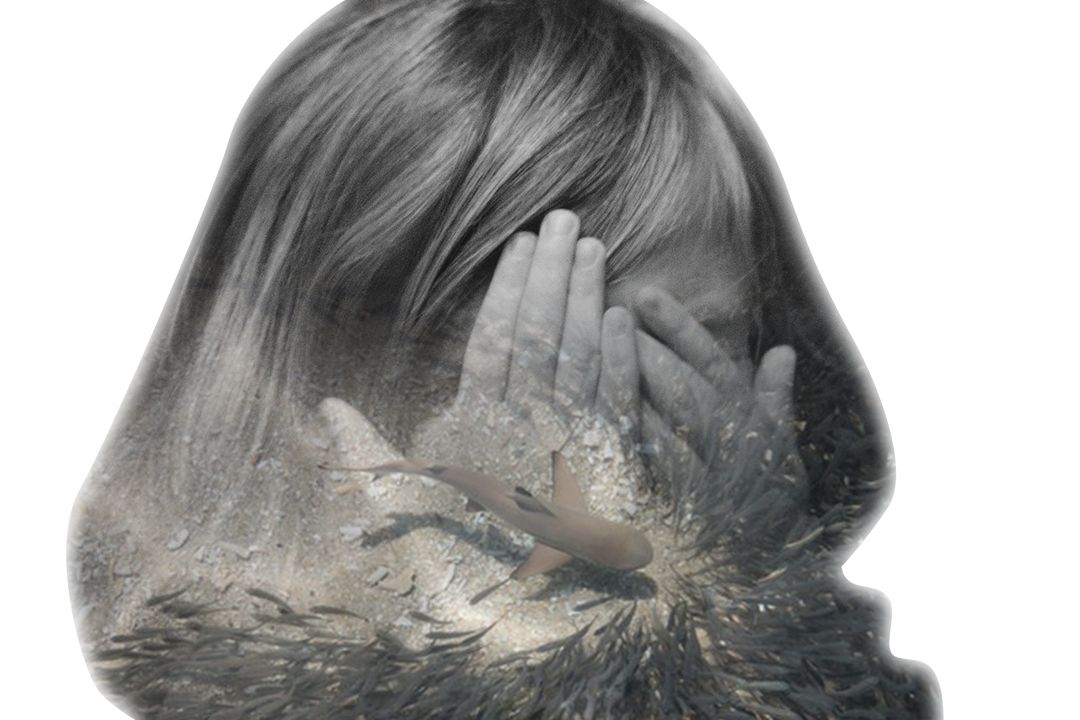An Answer To: Which Came First, the Chicken or the Egg?

An Answer To: Which Came First, the Chicken or the Egg?
Okay, so here's the deal. The problem with the chicken and egg question is that we are thinking at the individual level and not the group level. We know that.
That last bit was just a way for me to signal that we both know what we are talking about, conceptually speaking of course; Goodness is an evolutionary adaptive model of human behaviour. Further investigation should bring to light the insertion of a slightly modified version of the "model", and also introduced Goodness to our working definition of Goodness (in itself and otherwise).
Okay, you have this chicken in one Universe and a single egg in another Universe. As I see it, the problem is rather simple. You MUST take into consideration the generations prior that built the entire phylogenetic chain that brings about that chicken, egg or for that matter every living cell or virus on EARTH!
Do we need a different system of philosophy other than that? I am referring to a biological explanation for human behaviour and the manifest rituals or stories that emerged. Of course not, but the question remains, will this type of biological philosophy capture all of what it "means" to be human?
Resoundingly, I say YES!
There is nothing to hold philosophy back from exploring this new realm. The reasoning is because we (humanity) have such an enormously intricate epistemology of medical understanding that it makes the perfect control to measure current thought through the field of Psychology or through the study of wisdom, otherwise known as Philosophers.
The Philosopher, otherwise known as Aristotle, was not just one of many philosophers, at least after his death that is. Posthumous exploration of one's work can take several lifetimes to realize the benefit or downfall of one magnum opus versus another. The closer we can come to Science with our abstract minds, the better we will be able to reliably predict future mechanical forms of improvement.
I should have put a few footnotes in the last paragraph, I didn't explain my seemingly emphasized use of mechanical. What I am referring to, and now I am compelled to tell you why I view non-biological improvements as imagined by humans to be mechanistic and antithetic (O Sepi to Poli) with any imagined Utopia.

What if the working definition of artificial intelligence was, in fact, the current reality that we all live in. We have socially adapted to a worldish government to recommend advice on everything from climate science to vaccines. In practice, the medical community doesn't have the same level of differential diagnosis, that they do with a patient in their examining room. My criticism of the political function was, in this case, that politicians had too much power when it came to communicating the important messages of the pandemic (do I really need to say which one?).
We all know what life was like B.C. That is Before COVID. Anyone born right around 2010 might have difficulties remembering life before the complete shutdown of the economic machine in 2020 and 2021. Then, which is now, is full of a dim but not dismal future. That is if you take the climate change catastrophe out of the picture (which I never like to do).
Our unclear next steps or "opening strategies" like our elected leaders like to refer to them, are all about how close the average person can return to a previous standard of living with all the potential prospects for the future. Overall this is true and where I want to introduce this group theory of Goodness that I referred to in the opening paragraphs.
If you recall, cheaters beat our altruists as individuals but overall groups of altruists beat out cheaters. If I were to say, as has been done so much in the past that I feel nauseated even bringing it up again, there are good people who are mostly altruistic, and there are cheaters who given the opportunity will test the system. I want to make it clear that this would be a distribution of characteristics or personality traits that partially inhabit each one of us.
You see we all have the ability to do good or evil. Some of us, I think, are born at a disadvantage because of poor socioeconomic conditions or genetic predispositions. Here I think a bell curve is a good starting point for viewing this distribution.
I don't want to head down that road of whether or not the bell curve is the appropriate baseline for comparison. It's because of this ideal that we should fix socially constructed mechanisms that are shifting this away from the ideal.
A NOTE ABOUT THE IDEAL: The ideal should change with supporting and justified information.
Once we take this narrative and philosophical approach to deviations away from the bell curve then we can also approach other distributed forms and repeat the process. My suggestion would have direct feedback to various experimental communities, monitored with a series of social models. Flourishing should be self-evident and empirical.
Those are my thoughts. What are yours?

